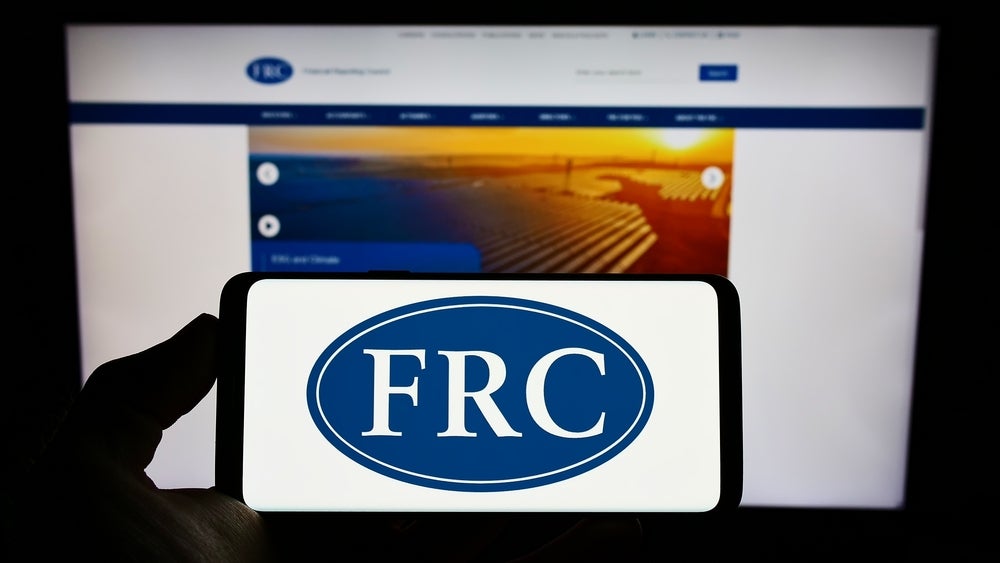The Accounting Standards Board (ASB) has
published a revised proposal on the future of financial reporting
in the UK softening the current three tier reporting system
following a consultation.
Under the latest exposure draft most companies
– medium and large unlisted companies – will fall under FRED 48,
which is a draft Financial Reporting Standard (FRS) based on
amendments to IFRS for SMEs.
FRS replaces the pre-consultation proposal,
which said those companies should follow EU adopted IFRS.
The ASB found little support for its original
proposal and as a response drafted FRS.
This proposal will eliminate the current
reporting requirements, which demand medium or large unlisted
companies to report under full UK GAAP, which stretches 2,300 pages
– the new FRS is covered on about 250 pages, a vast difference.
Under the ASB’s revised financial reporting
proposal things remain unchanged for listed companies which are
still required to report under IFRS and for small companies which
will still report under FRSSE – unless EU accounting directive
changes come to effect.
How well do you really know your competitors?
Access the most comprehensive Company Profiles on the market, powered by GlobalData. Save hours of research. Gain competitive edge.

Thank you!
Your download email will arrive shortly
Not ready to buy yet? Download a free sample
We are confident about the unique quality of our Company Profiles. However, we want you to make the most beneficial decision for your business, so we offer a free sample that you can download by submitting the below form
By GlobalDataThe draft is open for comment until 30 April
2012 and changes are expected to be adopted 1 January 2015.
Changes welcomed
The Institute of Chartered Accountants in
England and Wales head of its Financial Reporting Faculty Nigel
Sleigh-Johnson said fundamental changes to UK accounting is long
overdue, “as the current UK rules are neither comprehensive nor
coherent and sit uncomfortably alongside the parallel regime of
IFRS”.
“Ultimately it is good news that the ASB has
gone back to the drawing board, having recognised the constructive
criticism of the last proposals. Many of the major issues we
highlighted back then appear to have been addressed,”
Sleigh-Johnson said.
Grant Thornton’s head of assurance Phil Crooks
believes the move is an important step towards the much-needed
modernisation and streamlining of UK accounting standards, which he
called ‘cumbersome’ to use and ‘difficult’ to maintain.
“The decisions not to extend the use of IFRS
and to amend the new UK standards to bring them closer to current
practice will make these proposals less revolutionary, however the
key objectives of the project should still be achieved,” he
said.





